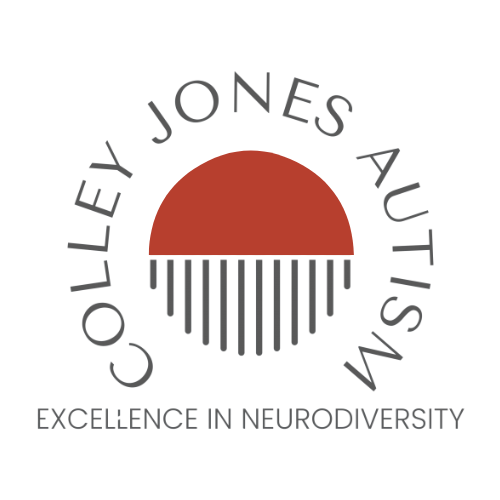
Clear and Supportive Assessments: Helping You to Understand Neurodiversity
We use evidence-based methods to help you better understand neurodiversity. With a compassionate and tailored approach, we’re here to support you and provide the clarity you need to move forward confidently.
“Everybody is a genius. But if you judge a person by what they cannot do, you’ll miss out on what they do best.” Anon

Considering Women and Girls
In the past, more boys and men were diagnosed with Autism Spectrum Conditions. Recent research shows that many girls and women may have been overlooked because they present differently. We understand these differences and use a flexible approach whilst maintaining high standards. Since COVID-19, over half of our clients have been female, reflecting this broader understanding.
Assessing Younger Children and Those with Learning Challenges
Evaluating pre-school children can be challenging and is best done by a team with strong links to nurseries and other settings, like those found in the NHS or similar organisations. It’s also important for us to consider the wide range of normal development in early childhood.
Similarly, children with complex developmental needs, such as global learning difficulties or language impairments, are best supported through a more intensive service. Our focus is currently on school-aged children with typical learning and language development.
Our Assessment Services
What We Do
We offer thorough, flexible, and cost-effective assessments for both children and adults. We aim to help answer questions by using trusted, evidence-based tools, including interviews and observational assessments, to provide a clear and accurate diagnosis.
Right now, our primary focus is on Autism Spectrum Disorder (ASD) assessments. While we can identify some issues related to attention and concentration, our assessments don’t provide a formal diagnosis for conditions like ADHD. If you are seeking a diagnosis for ADHD or another condition, we suggest contacting a specialised service. However, we can assess ASD alongside other diagnostic services if it’s helpful.
Choosing the Right Assessment Path
If you’re not sure whether to go ahead with a full assessment, we can start with an initial consultation. This includes some screening questionnaires that help us understand what the best next step might be for you. If you decide to move forward, our team will be ready to conduct a more detailed evaluation.
You can also choose to focus on just one part of the assessment. This is great for those who want to better understand their strengths and challenges without needing a formal diagnosis.
Our Approach: Balanced, Clear, and Independent
We believe in a balanced approach that looks at both strengths and difficulties. We see people with Autism Spectrum profiles as uniquely skilled and capable. Our aim is to help highlight these strengths during the assessment.
We also prioritise clarity and independence. Our assessments are objective and not influenced by anyone’s interests other than the person being assessed. This is important if you want to present the results to organisations or professionals who may have preconceived views about independent assessments.
Sometimes, our findings may differ from what’s expected by those who request the assessment. This can happen when evidence from certain tools, like the ADOS-2 or school interviews, doesn’t match information gathered from parents. We handle these situations carefully, keeping our focus on the evidence we’ve collected.
Assessment Elements
Your Assesment is unique. We offer tailored solutions.
Developmental interview
Understanding.

We use standardised interviews as the foundation of our ASD assessments for both children and adults. We employ internationally recognised, ‘gold standard’ measures, such as the DISCO, ADI-R, and 3Di, ensuring that the assessment is grounded in an individual’s developmental and life history, rather than just their current strengths and needs.
School Interview / Observation
Understanding a child or younger person.

Autism Spectrum Disorders are pervasive, meaning they should be observable across various settings rather than just one or two. Since these disorders are mainly characterised by social challenges, it’s crucial to understand how an individual interacts with their peers. While a staff interview may sometimes provide enough insight, we will conduct a school observation if necessary to support our assessment of children and young people.
ADOS-2
Working directly with the person.

The latest edition of the Autism Diagnostic Observation Schedule (ADOS-2) is considered the gold standard observational assessment tool for identifying ASD. It integrates interview questions with creative tasks to evaluate an individual’s social skills, emotional insight, and creativity. Additionally, it enables the examiner to identify any repetitive interests or communication challenges. We are fully trained in administering the ADOS-2.